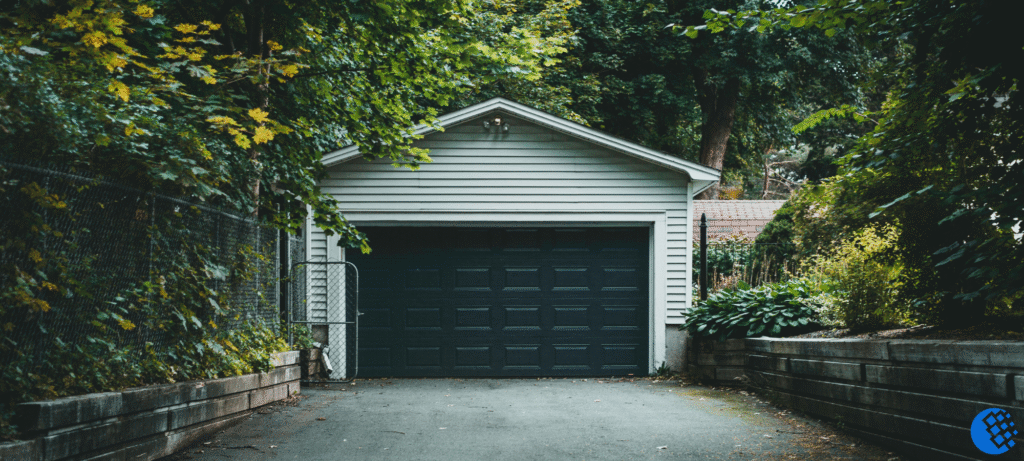Nobody wants to deal with a malfunctioning garage door, but here’s the thing – knowing whether to repair or replace it can save you serious money and headaches down the road. Let me walk you through how to make this decision.
Signs Your Garage Door Needs Attention
First off, your garage door will usually tell you when something’s wrong. You need to know what to look for:
- Loud noises – If your door sounds like it’s auditioning for a horror movie, grinding or screeching with every movement, something’s off.
- Slow response time – A healthy door should open within a second or two of hitting the button. Anything longer means trouble.
- Sagging sections – When disconnecting the opener and manually lifting the door halfway, it should stay put. If it droops or falls, that’s a red flag.
- Your energy bills are climbing – Poor insulation or gaps around the door can let air escape, making your HVAC system work overtime.
When Repair Is the Right Choice
Here’s the good news: not every problem needs a complete overhaul. Repairs make sense when dealing with minor issues that haven’t compromised the entire system, mentions Specialized Property Management Oklahoma City team.
Consider a repair if your door is relatively young (under 10 years old) and you only face single-component failures. Maybe it’s just worn-out springs, a broken cable, or a malfunctioning opener. These are pretty straightforward fixes that won’t break the bank.
Also, if the door is structurally sound and you like how it looks, there’s no reason to replace it just because of one faulty part. It is like fixing a flat tire instead of buying a new car.
When It’s Time for a Full Replacement
Now, let’s discuss when you should get a new door. The age of your garage doors matters a lot here; if yours is 15-20 years old, replacement often makes more financial sense than spending money on endless repairs.
You’ll definitely want to consider replacement if:
- Multiple components are failing – When it’s one thing after another, you just delay the inevitable.
- Safety concerns – Older doors might lack modern safety features like auto-reverse sensors, which are not something to play around with.
- Damage is extensive – Dents, rust, or rotting panels aren’t just ugly; they compromise the door’s integrity.
- You want better energy efficiency – Modern doors offer superior insulation that can actually lower your utility bills.
Making the Final Decision
Here’s my honest advice: get a professional opinion. A qualified technician can assess your situation and give you a realistic cost comparison. Sometimes what looks like a total disaster is a simple fix, and sometimes what seems minor is just the tip of the iceberg.
Also, think about your long-term plans. If you’re selling your house soon, a new garage door offers excellent ROI and curb appeal. But if you’re planning renovations anyway, you might want to coordinate the replacement with your other updates.
The bottom line? Don’t ignore the warning signs, but don’t panic either. With the right information, you’ll make the best choice for your home and your wallet.





